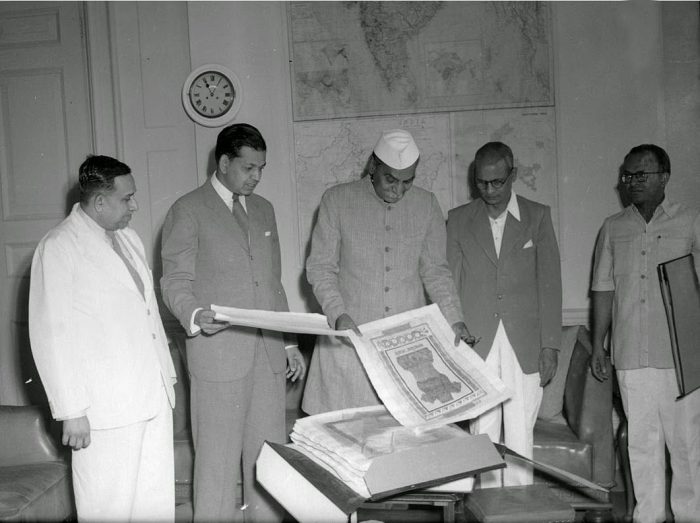(Art. 32 and also on Art. 226), PILs and Court System in India
In this lecture, we examined Art. 32, of Part III, Fundamental Rights Chapter of the Indian Constitution, which is about constitutional remedies – the fundamental right of the citizen to approach the Supreme Court for justice against violation of fundamental rights. This is one of the most important provisions of the Constitution and something over which, again, there was debate in the Constituent Assembly. The basis of Article 32 is one that asks, what use is the recognition of fundamental rights of citizen and persons, if there is no remedy when the fundamental rights are violated.
This Fundamental Right was suspended during the emergency which was upheld by the SC in “ADM Jabalpur” case through 4:1 majority. This blot on the juridical landscape of the SC was overruled only in 2017 in the Aadhaar case when Justice DY Chandrachud authored the ruling striking down the ‘ADM Jabalpur ruling’ penned in 1976 by his father as part of the majority.
Reading Material
While examining the scope of Art. 32, we also explored the scope of Art. 226 of the Constitution which gives us the right to approach the High Courts seeking writ remedies. We explored the system of courts set up in India to dispense with justice. It is important and crucial for all citizens to know about the system of courts in India, generally, and not only when they have legal trouble and have to access courts.
One is by Mr Fali Nariman pointing out to the laidback response of the SC to issue of migrant workers.
The second is a longish article by Mihir Desai, a well known Senior Advocate from Bombay and also National Vice President of People’s Union fr Civil Liberties (PUCL).
The third is a letter sent to all judges of the SC questioning their lack of response to the PILs filed on behalf of migrants and raising important questions about the role of the judiciary in emergency situations.
